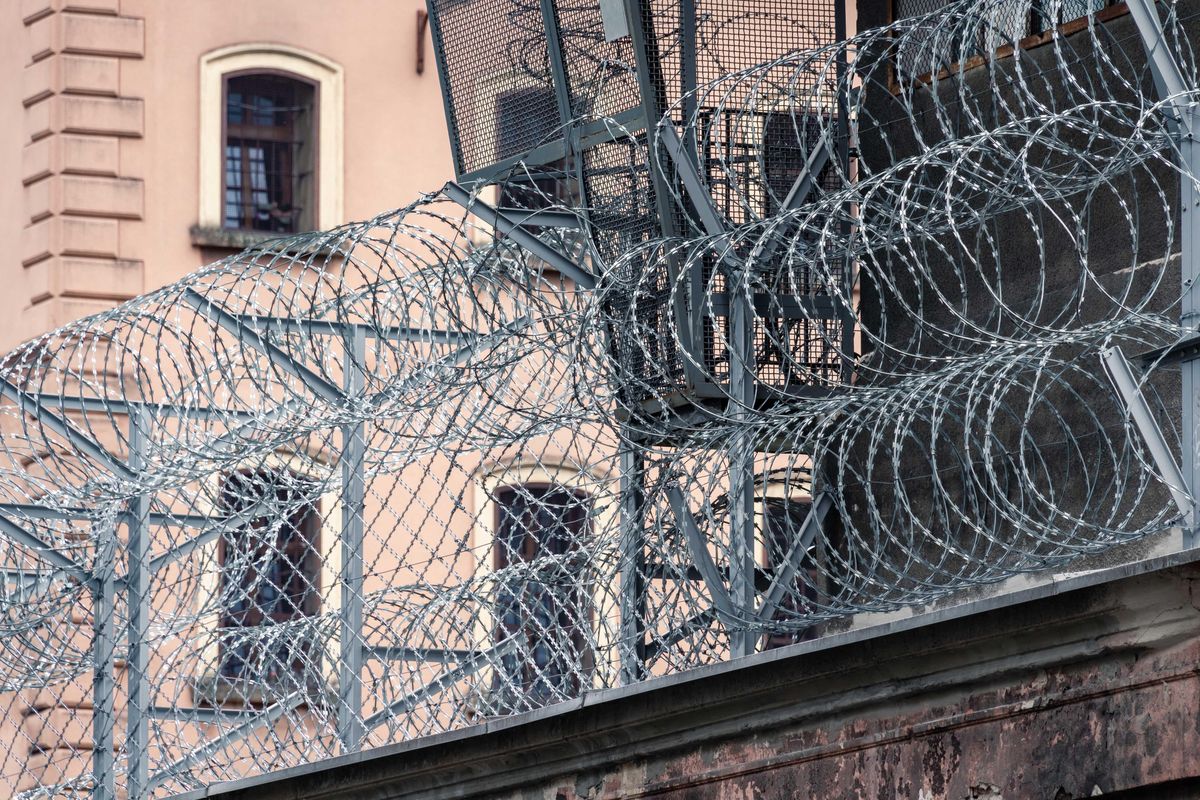
Prison is supposed to serve two purposes: punishment and rehabilitation. But often prisoners emerge with the skills to be a better criminal and little knowledge on how to live an improved life. A prison in California is hoping to change the revolving door effect for some inmates by being the first to have a fully accredited junior college behind bars.
At Mount Tamalpais College at San Quentin State Prison inmates can earn an Associate of Arts degree by taking classes in literature, American government, astronomy and precalculus. The college was named after the mountain next to the prison and was accredited in January after a commission determined the extension program at the prison was providing a high-quality education. The college can accommodate up to 300 prisoners, and is currently full with another 200 on the waiting list.
San Quentin State Prison is broken up into different sections, including a section housing death row. It has offered rehabilitation programs to prepare inmates for a life outside of prison walls for some time. In the medium security part of the prison, inmates have dozens of educational, self-help and job-training opportunities that they can take advantage of. The positive programming available to inmates makes San Quentin a sought-after prison for prisoners across the state who want to utilize the time they must spend behind bars.
“Now, I am resilient, because I know who I am and I can love me for me.” – Aaron Kurtis Mikkelsen, MTC studentnnIt’s the last day to support Mount Tamalpais College with a tax-deductible gift in 2021. Read more from Aaron and donate here: https://bit.ly/32NHAwwu00a0pic.twitter.com/foZCy6TCF0— Mount Tamalpais College (@Mount Tamalpais College)
1640992738
Derry Brown, 49, is currently serving a 20-year sentence for burglary and assault. He earned his GED in prison and is now attending the college program. Brown told ABC News that he takes pride in being a college student and may pursue a music career in his hometown of Los Angeles when he is released from prison next year. “There’s a joy in learning – that’s why I want to continue. Even when I get out, I’m going back to college,” he said.
The college is privately funded by donations and includes paid staff and volunteer faculty members, many of whom are graduate students from Stanford and the University of California Berkeley. The annual budget to run the college is $5 million. This isn’t the first program of its kind at the prison, though it is the first one to be fully accredited. In 1996, there was a program eventually titled Prison University Project that also offered associate degrees. President Jody Lewen started the process to have the college run fully autonomously three years ago after the previous university closed and the partnership ended.
We are reflecting on the idea of resilience as we close out 2021. Read this powerful piece on resilience from our program clerk Carl Raybon, and make a gift today to support this work in the year ahead: https://mailchi.mp/mttamcollege.org/students-on-resilienceu00a0u2026pic.twitter.com/mJOVI4Vg09— Mount Tamalpais College (@Mount Tamalpais College)
1640903986
Lewen told ABC News, “Very often in the field of higher ed, people will look at educational programs in prisons and they’ll say, ‘Well, that’s a program or project. It’s not a school.’ Our hope is that by being an independent, accredited, liberal arts college that operates in a prison we make it more difficult for people to overlook those inside and we help them imagine our students differently.”
The program is open to any general population prisoner with a GED or high school diploma, but excludes death row inmates.
Prison education is known to change the outcome of people’s lives when they are released, and this in turn can help change their families’ lives and the generational course that may have been set before them. The hope is that the recidivism rate for lower level crimes would be reduced with former inmates now having a solid education and plan for the future.
